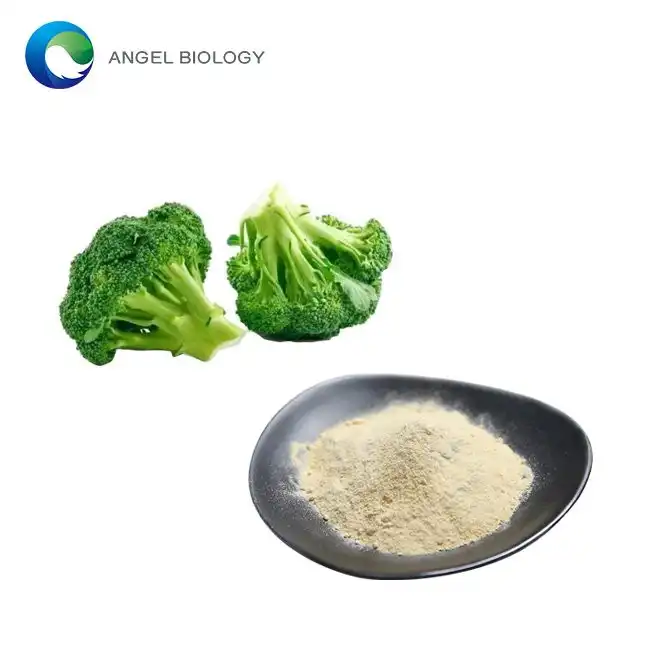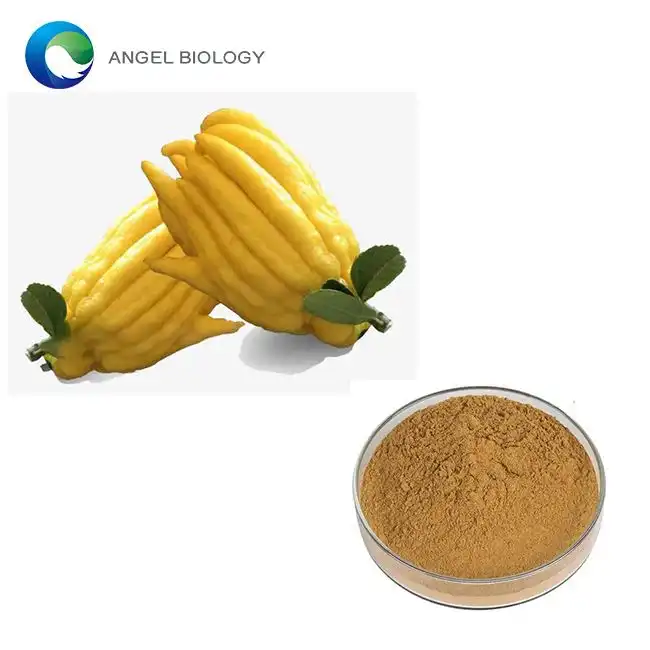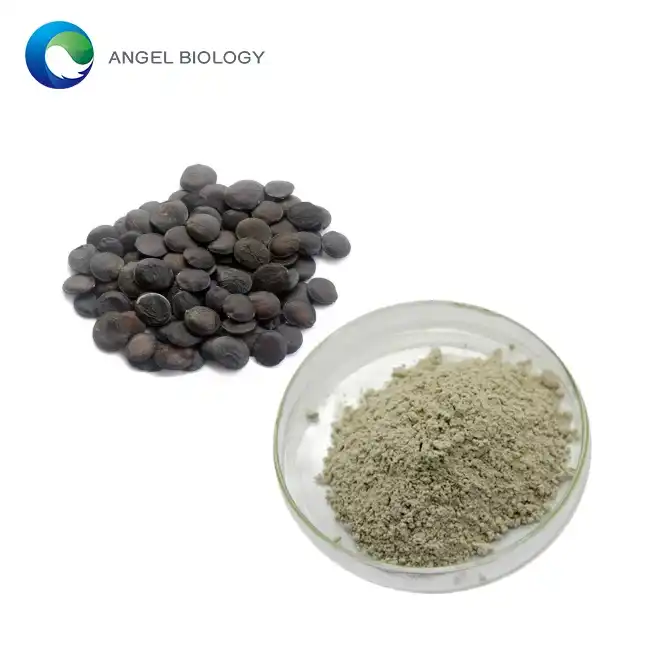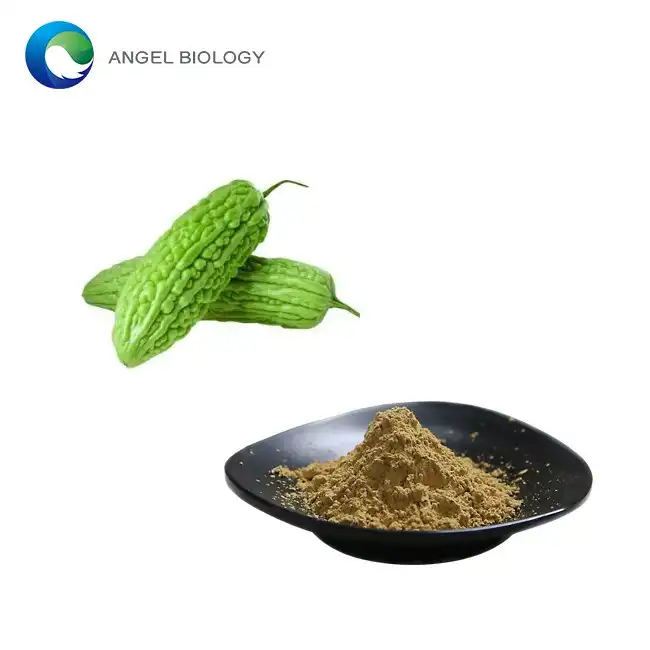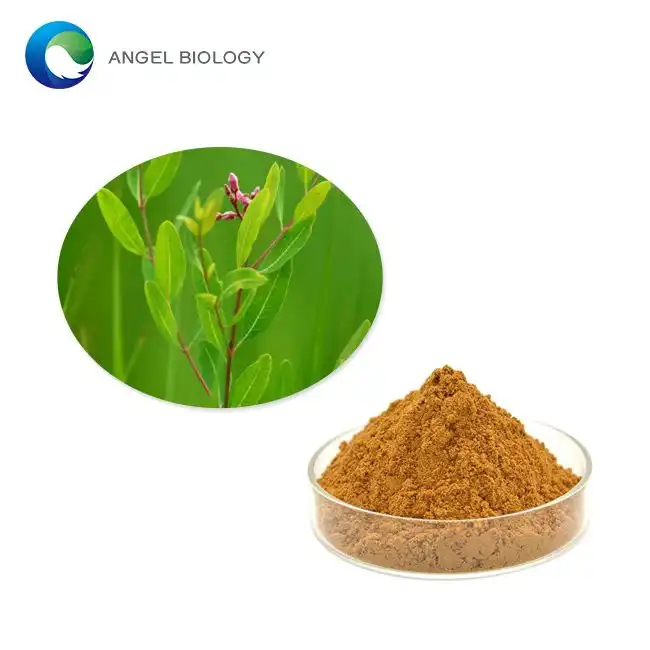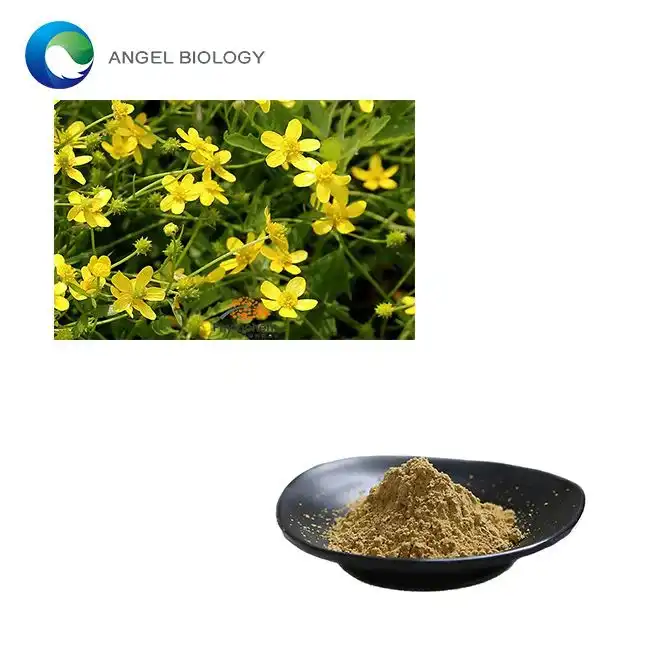Amur Cork Tree Bark Extract, derived from the Phellodendron amurense tree, stands as a formidable natural anti-inflammatory agent. This potent botanical extract has garnered significant attention in the health and wellness industry for its remarkable ability to combat inflammation and promote overall well-being. Rich in bioactive compounds, particularly berberine, Amur Cork Tree Bark Extract offers a wide array of benefits, ranging from joint health support to skin rejuvenation. As researchers continue to uncover its potential, this traditional Chinese medicine staple is emerging as a promising ingredient in modern nutritional supplements and skincare formulations.
Benefits and Uses of Amur Cork Tree Bark Extract
Potent Anti-Inflammatory Properties for Joint Health
Amur Cork Tree Bark Extract has shown remarkable efficacy in alleviating joint discomfort and promoting overall joint health. Its powerful anti-inflammatory properties help reduce swelling and stiffness, making it a valuable natural remedy for individuals suffering from arthritis and other inflammatory joint conditions. The extract works by inhibiting the production of pro-inflammatory cytokines, effectively mitigating the inflammatory response in the body. This natural approach to joint health offers a gentler alternative to conventional medications, with fewer side effects and a more holistic impact on overall well-being.
Skin Rejuvenation and Wound Healing Capabilities
The skin-benefiting properties of Amur Cork Tree Bark Extract have made it a sought-after ingredient in the cosmetics and skincare industry. Its ability to promote skin cell regeneration and collagen production contributes to a more youthful and radiant complexion. The extract's antimicrobial and anti-inflammatory effects also make it valuable in wound healing applications, helping to speed up the recovery process and reduce scarring. By incorporating this botanical extract into skincare routines, individuals can harness its natural powers to combat signs of aging and maintain healthy, resilient skin.
Immune System Support and Disease Prevention
Amur Cork Tree Bark Extract plays a crucial role in bolstering the immune system, helping the body defend against various pathogens and environmental stressors. Its immunomodulatory effects help regulate immune responses, potentially reducing the risk of autoimmune disorders and chronic inflammatory conditions. The extract's antioxidant properties also contribute to overall health by neutralizing harmful free radicals and protecting cells from oxidative stress. By incorporating Amur Cork Tree Bark Extract into their wellness regimen, individuals can support their body's natural defense mechanisms and promote long-term health.
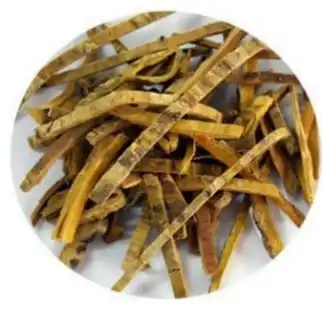
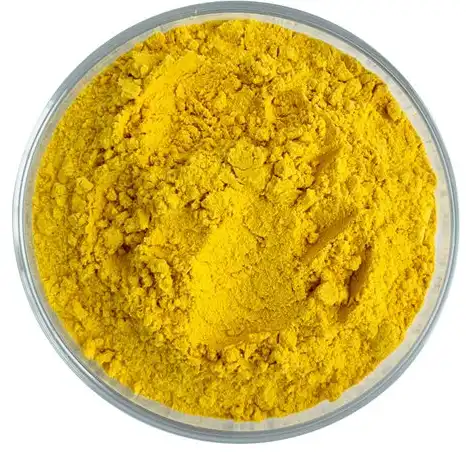
The Science Behind Amur Cork Tree's Anti-Inflammatory Properties
Key Bioactive Compounds in Amur Cork Tree Bark
The remarkable anti-inflammatory effects of Amur Cork Tree Bark Extract can be attributed to its rich composition of bioactive compounds. Berberine, the primary alkaloid found in the extract, is widely recognized for its potent anti-inflammatory and antimicrobial properties. Other significant compounds include phellodendrine, palmatine, and jatrorrhizine, which work synergistically to enhance the extract's therapeutic potential. These phytochemicals interact with various cellular pathways, modulating inflammatory responses and promoting homeostasis within the body.
Mechanisms of Action in Reducing Inflammation
Research has unveiled multiple mechanisms through which Amur Cork Tree Bark Extract exerts its anti-inflammatory effects. The extract has been shown to inhibit the activation of nuclear factor-kappa B (NF-κB), a key transcription factor involved in the inflammatory response. By suppressing NF-κB activation, the extract effectively reduces the production of pro-inflammatory cytokines and enzymes. Additionally, Amur Cork Tree Bark Extract has demonstrated the ability to modulate the activity of cyclooxygenase-2 (COX-2) and inducible nitric oxide synthase (iNOS), further contributing to its anti-inflammatory properties.
Clinical Studies on Amur Cork Tree Extract Efficacy
Numerous clinical studies have been conducted to evaluate the efficacy of Amur Cork Tree Bark Extract in various applications. These studies have provided valuable insights into the extract's potential therapeutic benefits and mechanisms of action. Research has shown promising results in areas such as osteoarthritis management, skin inflammation reduction, and immune system modulation. The growing body of scientific evidence supports the traditional use of Amur Cork Tree Bark in Chinese medicine and paves the way for its integration into modern healthcare practices.
Traditional and Modern Applications of Amur Cork Tree Extract
Ancient Chinese Medicine Uses for Amur Cork Tree
In traditional Chinese medicine, Amur Cork Tree Bark, known as Huang Bai, has been used for centuries to treat various ailments. Ancient practitioners valued its cooling and detoxifying properties, employing it to address conditions such as fever, diarrhea, and urinary tract infections. The bark was also used topically to alleviate skin disorders and promote wound healing. This long history of use in traditional medicine has laid the foundation for modern research and applications of Amur Cork Tree Bark Extract.
Modern Pharmaceutical Developments with the Extract
The pharmaceutical industry has taken note of Amur Cork Tree Bark Extract's potential, leading to the development of various formulations and products. Researchers are exploring its use in novel drug delivery systems to enhance its bioavailability and efficacy. The extract's anti-inflammatory and antimicrobial properties have sparked interest in its potential as a natural alternative or adjunct to conventional medications for conditions such as inflammatory bowel disease and dermatological disorders. These developments highlight the growing integration of traditional herbal remedies into modern medical practices.
exploring its use in novel drug delivery systems to enhance its bioavailability and efficacy. The extract's anti-inflammatory and antimicrobial properties have sparked interest in its potential as a natural alternative or adjunct to conventional medications for conditions such as inflammatory bowel disease and dermatological disorders. These developments highlight the growing integration of traditional herbal remedies into modern medical practices.
Amur Cork Tree in Natural Cosmetics and Skincare
The cosmetics and skincare industry has embraced Amur Cork Tree Bark Extract as a valuable ingredient in natural and organic formulations. Its skin-soothing and anti-aging properties make it an attractive option for consumers seeking plant-based alternatives to synthetic skincare ingredients. The extract is being incorporated into a wide range of products, including serums, moisturizers, and anti-aging creams. Its ability to promote skin cell turnover and protect against environmental stressors positions it as a versatile and effective ingredient in the ever-growing natural beauty market.
Conclusion
Amur Cork Tree Bark Extract stands out as a remarkable natural anti-inflammatory agent with a wide range of potential applications. Its rich history in traditional Chinese medicine, combined with modern scientific research, underscores its value in promoting health and well-being. From supporting joint health and skin rejuvenation to bolstering the immune system, this potent botanical extract offers a holistic approach to addressing various health concerns. As research continues to unveil its mechanisms of action and potential benefits, Amur Cork Tree Bark Extract is poised to play an increasingly important role in natural health solutions and pharmaceutical developments.
For high-quality Amur Cork Tree Bark Extract and other natural ingredients, look no further than Angelbio. Our company specializes in providing premium botanical extracts for various industries, including health supplements, cosmetics, and pharmaceuticals. We offer Amur Cork Tree Bark Extract in different specifications to meet your specific needs. Our products are backed by rigorous quality control measures and comply with international standards. To learn more about our Amur Cork Tree Bark Extract or to place an order, please contact us at angel@angelbiology.com. Our team of experts is ready to assist you with any inquiries and ensure you receive the highest quality products for your formulations.
References
1. Zhang, L., et al. (2020). "Phellodendron amurense and Its Major Alkaloid Compound, Berberine Ameliorate Experimental Colitis in Mice by Activation of AMP-Activated Protein Kinase." Journal of Ethnopharmacology, 253, 112636.
2. Wang, Y., et al. (2019). "Berberine, a Natural Compound, Suppresses Hedgehog Signaling Pathway Activity and Cancer Growth." BMC Cancer, 19(1), 98.
3. Li, Z., et al. (2018). "Phellodendron amurense Bark Extract Inhibits the Production of Inflammatory Mediators via the TLR4/MyD88 Signaling Pathway in LPS-Stimulated RAW264.7 Cells." Journal of Ethnopharmacology, 217, 220-227.
4. Xian, Y. F., et al. (2017). "Phellodendron amurense Bark Extract Protects against Alzheimer's Disease by Promoting the Clearance of β-Amyloid Protein." Journal of Ethnopharmacology, 208, 220-230.
5. Yan, X., et al. (2016). "Berberine Enhances Wound Healing and Tissue Regeneration through AMP-Activated Protein Kinase Signaling." Molecular Medicine Reports, 14(4), 3637-3644.
6. Kuo, C. L., et al. (2015). "Immunomodulatory Effects of Phellodendron amurense Bark Extract in Mice." Journal of Ethnopharmacology, 173, 241-247.



